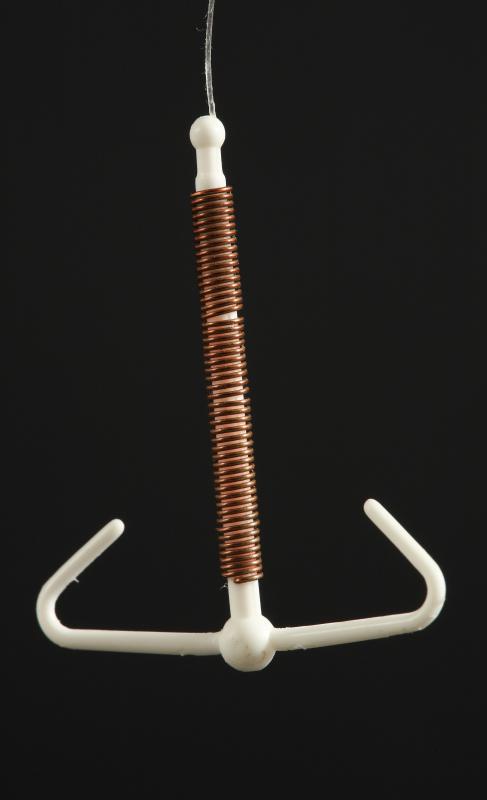At WiseGEEK, we're committed to delivering accurate, trustworthy information. Our expert-authored content is rigorously fact-checked and sourced from credible authorities. Discover how we uphold the highest standards in providing you with reliable knowledge.
What Should I do Before Starting a New Contraceptive?
Before starting a new contraceptive, it is important to speak to your doctor or family planning counselor about changing birth control methods. After researching contraceptive options and making a decision, it is also important to learn all you can about your new contraceptive method and talk to your sexual partner or partners about your decision. You should also find out if it is a good idea to use a backup method during sexual activity while you adjust to your new contraceptive.
Both new contraceptive options and traditional contraceptives have benefits and drawbacks, including side effects and the possibility of failure due to a weakness in the contraceptive itself or in the way it is used. For this reason, it is a good idea to speak to a health care professional about your choice of contraceptive. For example, if you or your partner needs to avoid pregnancy for health reasons, contraceptive choice has significant implications. A family planning specialist can also help you realistically evaluate your life and circumstances and recommend a contraceptive method that best fits with your lifestyle.

When you begin using a new contraceptive, it's a good idea to learn as much as you can about the method. You should particularly learn about any potential side effects and how to spot symptoms that the contraceptive is being used incorrectly or is causing physical problems. It is also wise to learn the best way to use the contraceptive prior to sexual activity. In the heat of the moment, it can be easy to make a mistake in the use of your new contraceptive method.

You should also ask your health care provider about the need to use backup contraception after you switch to your new method. For example, many family planning professionals advise the use of spermicide foams with condoms. Women who are sterilized through the use of tubal plugs must use backup contraception for several months after the procedure while scar tissue forms around the plugs, permanently blocking them. In addition, women who use hormonal birth control methods, such as the cervical ring or the contraceptive pill, should keep other contraceptives handy in case they forget to take their pill or their ring slips out for more than three hours. A family planning doctor or counselor can make you aware of situations in which your new contraceptive may not be as effective, thus requiring an additional method.
AS FEATURED ON:
AS FEATURED ON:













Discuss this Article
Post your comments